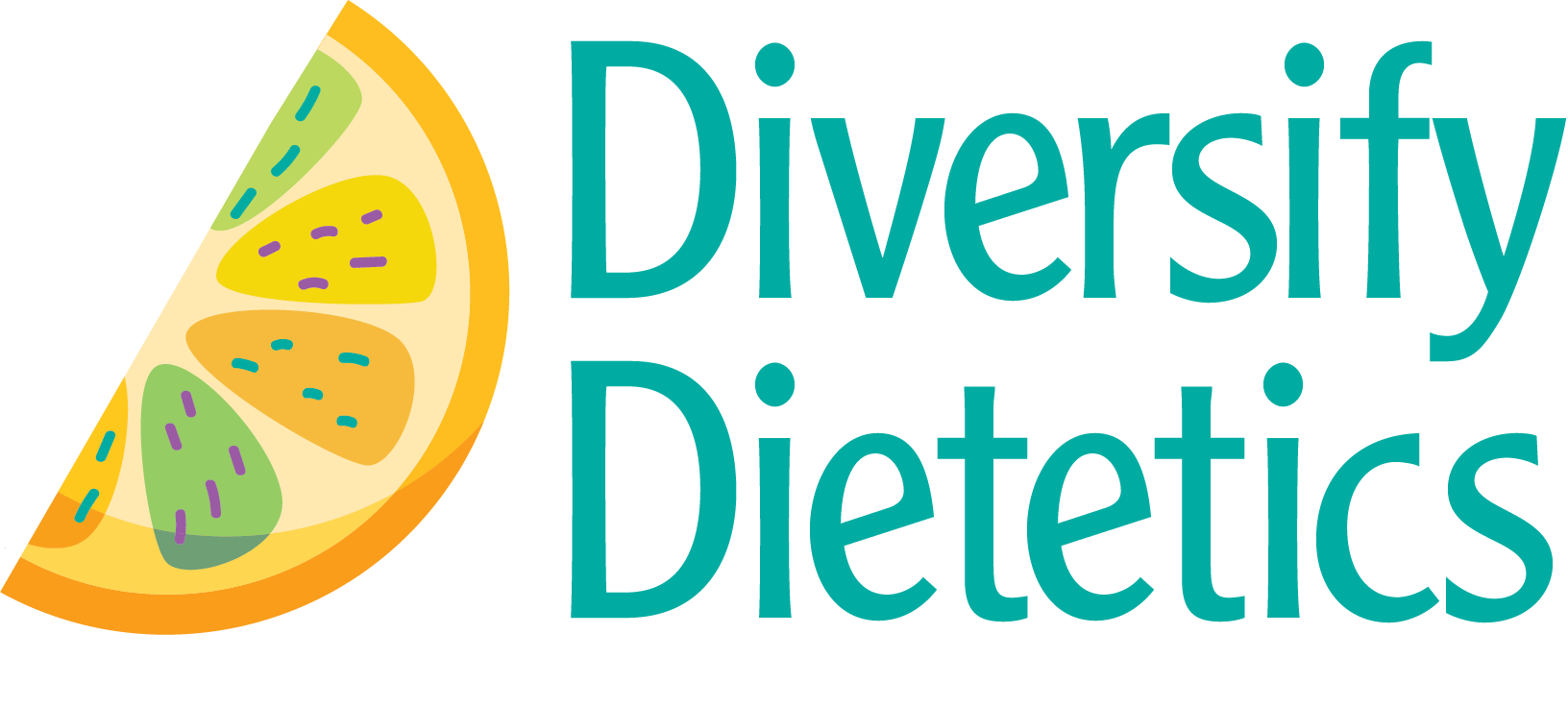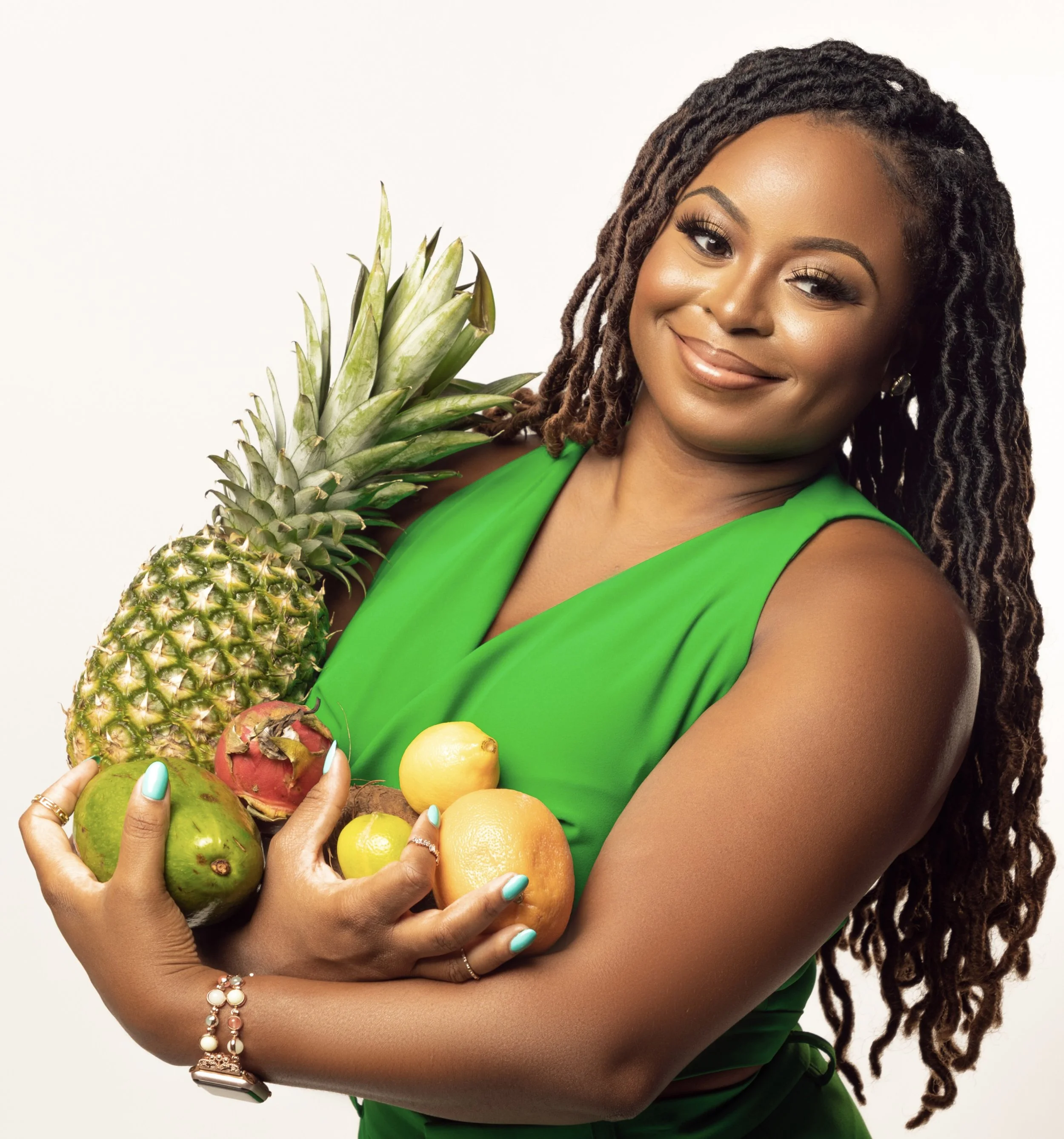RDN Spotlight: Ashley Carter, MS, RD, LDN
WHAT IS YOUR ETHNICITY/RACE? DID YOUR FAMILY HAVE ANY CUSTOMS RELATED TO FOOD?
Black. My mother and father both cooked very well! My mother would make an amazing mac and cheese, she would let me come in the kitchen and help her make it. As the youngest child of 4, this was my alone time with my mom. In the kitchen we would talk about life, school and anything that came to mind. My parents didn’t write down any recipes, so that was the only way to learn what they were cooking.
WHAT DOES YOUR TYPICAL DAY LOOK LIKE?
I started my career working for WIC for 10 years. We then started a nonprofit, EatWell Exchange, where we teach communities how to eat healthier using cultural foods. Every day varies as some days I am working with children or teens, teaching them how to cook in our culinary academy. We also have virtual gardening classes to help increase access to healthier foods. As dietitians, we provide nutrition education to all ages, in person and virtually in engaging and interactive ways. Other dates we are traveling around the US for speaking events, teaching local dietetic academies, WIC programs, hospitals and organizations how they can provide culture focused nutrition.
WHERE DID YOU GO TO SCHOOL AND COMPLETE YOUR DIETETIC INTERNSHIP?
Bachelor of Science, Food and Nutrition Science - Florida State University (Tallahassee, FL)
Dietetic Internship - DOH Pasco County
Master in Nutrition and Dietetics - University of North Florida (Jacksonville, FL)
WHY DID YOU DECIDE TO CHOOSE NUTRITION AND DIETETICS AS A CAREER?
I was studying to become a physical therapist, but fell in love with the nutrition course. Decided to switch my major. I know how important nutrition is because both my parents had diabetes while I was younger and struggled to manage their condition. We lived in Liberty City, a lower socioeconomic community, so having access to healthier options was very hard.
WHAT WAS THE BIGGEST CHALLENGE FOR YOU IN BECOMING A DIETITIAN?
Well, I graduated with my Bachelors in 2011… I became an RD in 2019. So there was a lot of rejection and set backs in that time frame. I applied for an internship 3 times and could not get in. I found mentorship from a Black RD I admire, Dr. Leslene Gordon, and she helped me get out of feeling sad for not getting accepted, and getting into action to be a better applicant. That took years of retaking classes, expanding my experience and also working on my personality to be able to be a better applicant.
HAVE YOU HAD ANY MENTORS IN YOUR CAREER? IF YES HOW HAVE THOSE MENTORS AFFECTED YOUR CAREER/LIFE?
Yes! My main mentor was Dr. Gordon, but there’s several other dietitians that have helped me in this journey to become a dietitian and after. I can’t say enough how much representation matters and the importance of helping one another. Another example of mentorship for me is Maya Feller and Vanessa Rissetto, both are phenomenal media dietitians that were so open and helpful as we started to work more on media. They embodied the spirit of community over competition.
WHY DO YOU THINK DIVERSIFYING THE FIELD OF NUTRITION IS IMPORTANT?
Our foods are reflective of our culture and upbringing. There’s a level of comfort when you work with a dietitian that can relate. Also, many cultural foods have been shamed and labeled as unhealthy, so when speaking with someone outside your culture you may not really mention what you eat. That’s a barrier to improving your health and lifestyle.
WHAT IS A PIECE OF ADVICE YOU WOULD GIVE A STUDENT OF COLOR INTERESTED IN ENTERING THE FIELD OF DIETETICS?
Keep going! Remember that you don’t have to have it all figured out, you may get delayed in your journal, you may feel lost and confused. It is all apart of your unique journal, all those experiences will help shape you into who you need to be. Find mentors along the way and also survive to connect with those you admire. Also, after you make it, turn around and help someone else
Ashley lost both her parents due to medical conditions before becoming a dietitian. Dealing with death and grieving led to memory loss for her and also just feeling lost and confused without my parents. She went to therapy and found ways to cope. She also uses her parents as her motivation when she’s teaching communities. Ashley reminds herself that she can potentially prevent that grief from happening to anyone else by educating families about nutrition.
Ashley is a nutrition professor and co-founder of EatWell Exchange. See all her amazing work on Instagram!
Do you know an RDN of Color who we should feature in our Spotlight Series? Or are you an RDN of Color who would like to be featured? Contact us today!

